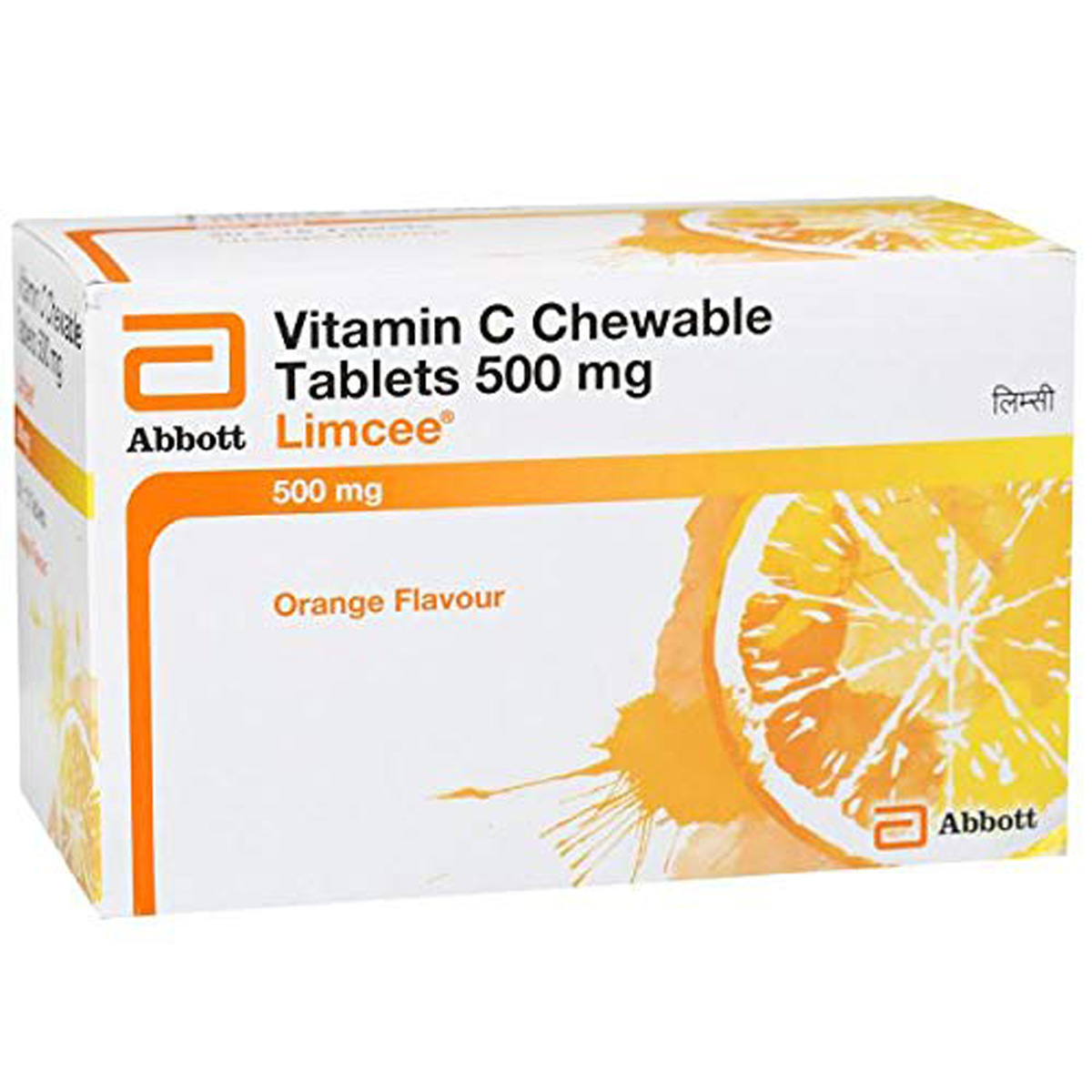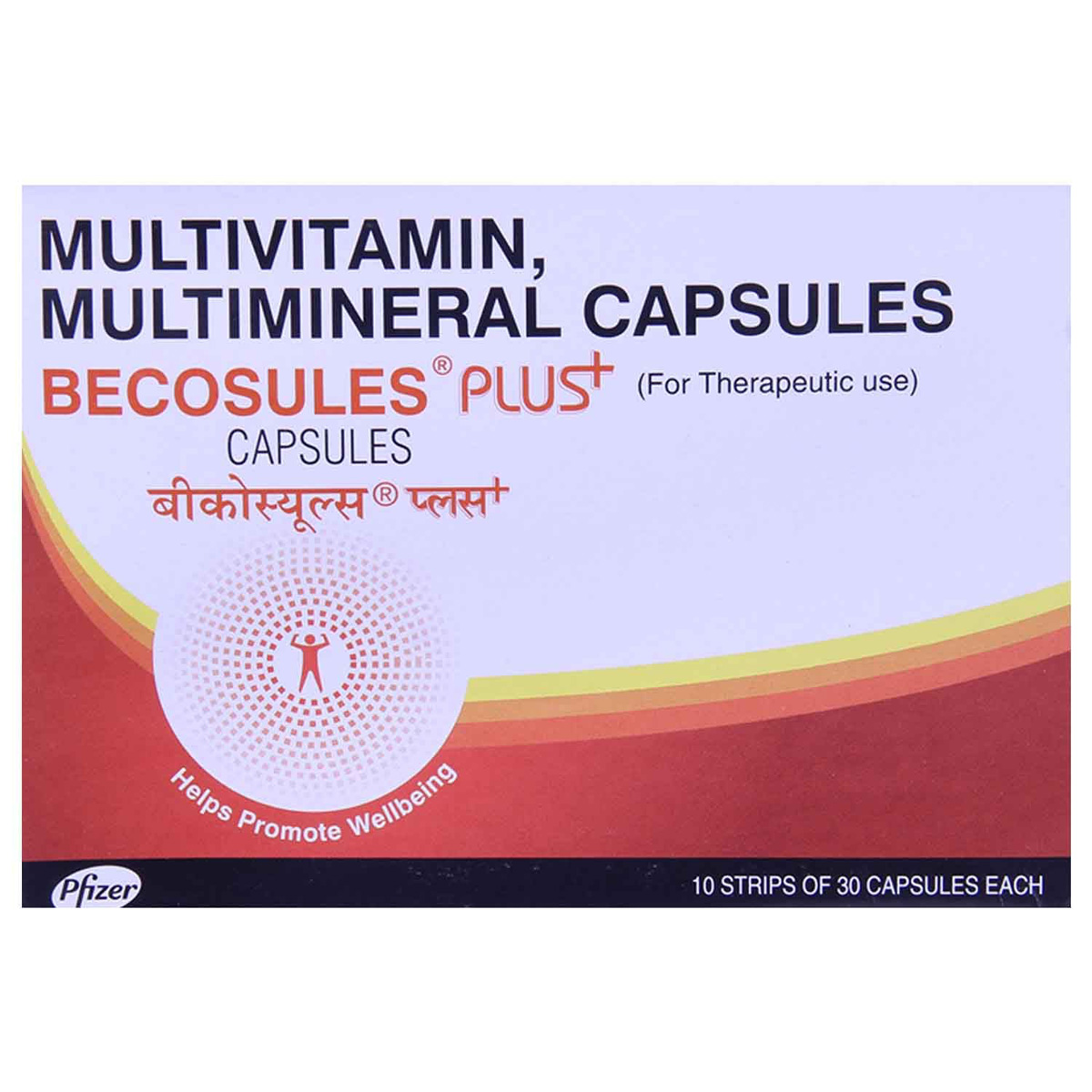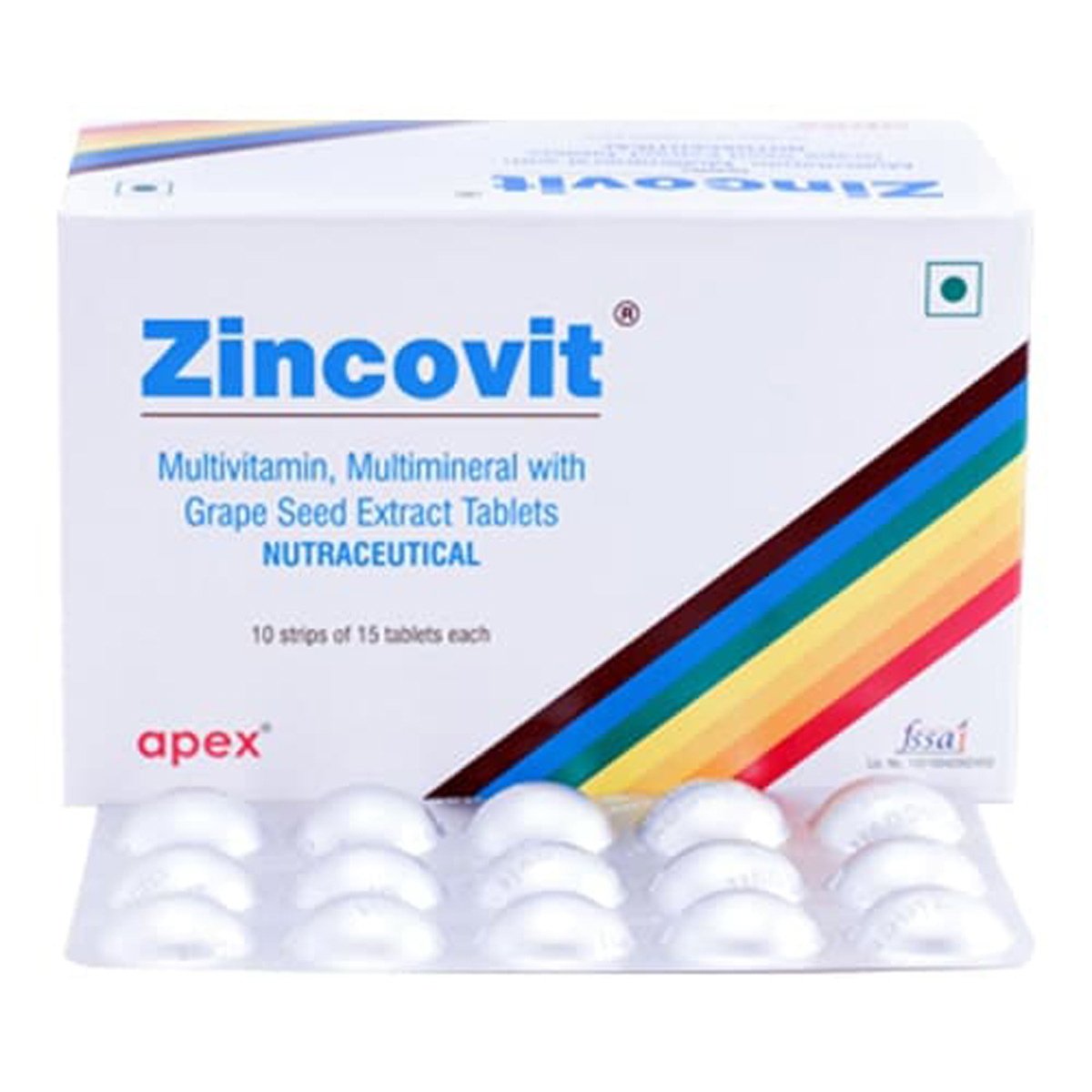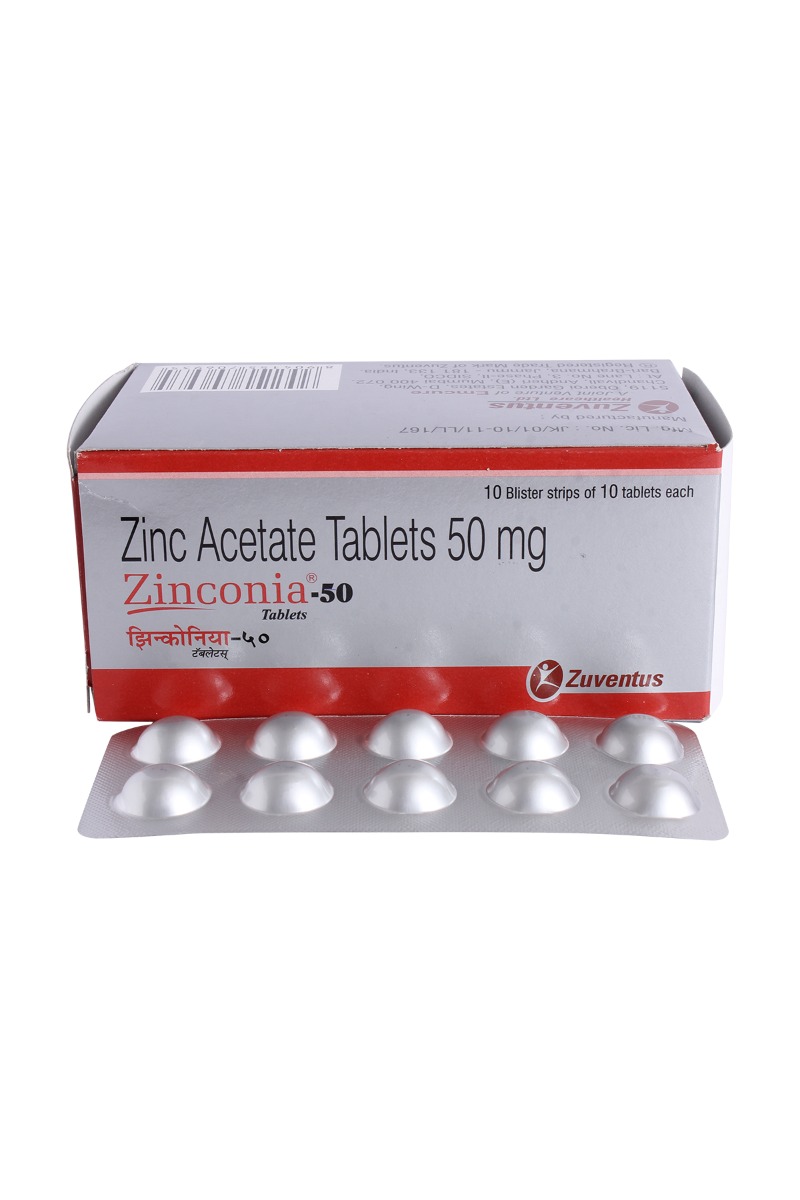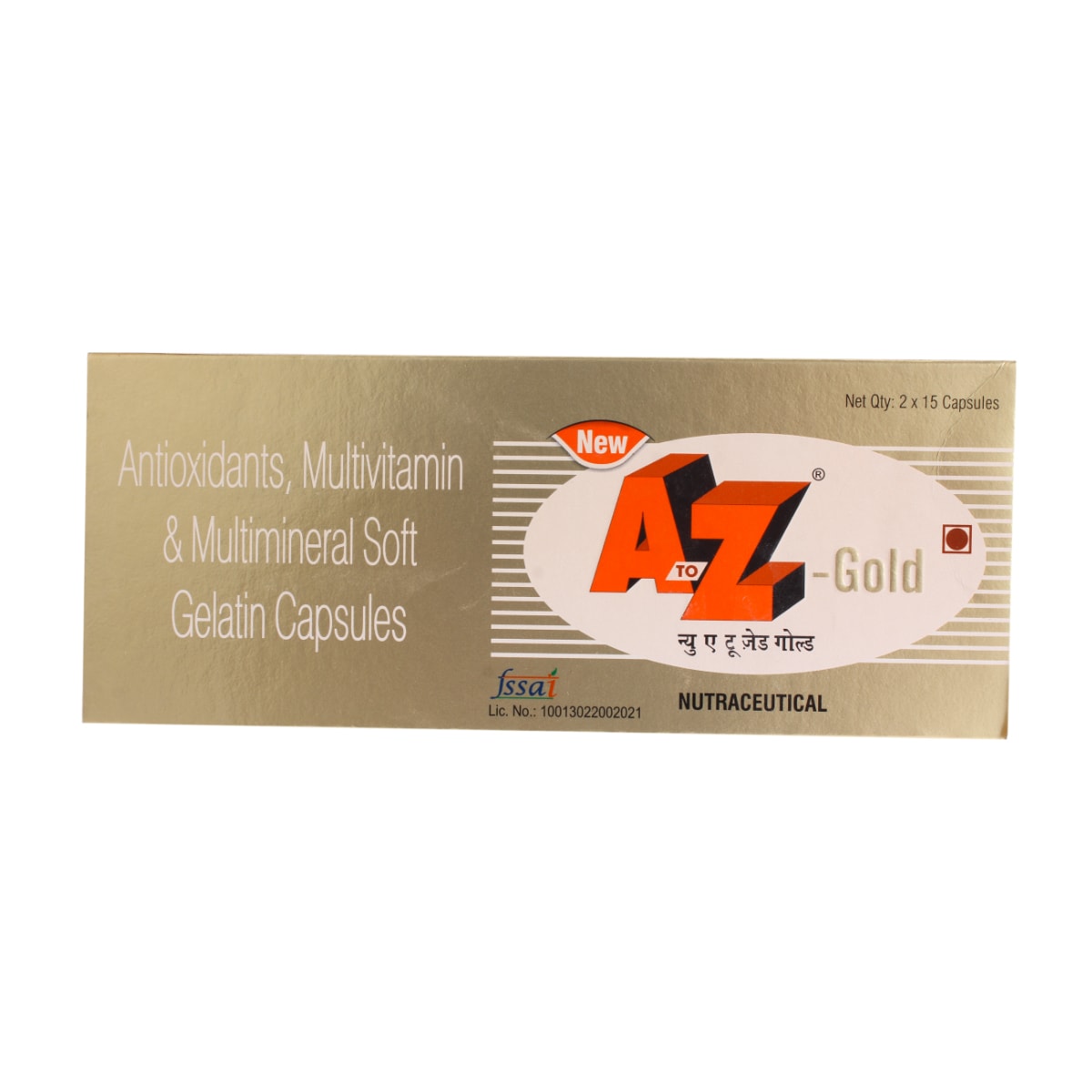Tonoferon Drops
MRP ₹107.5
(Inclusive of all Taxes)
₹16.1 Cashback (15%)
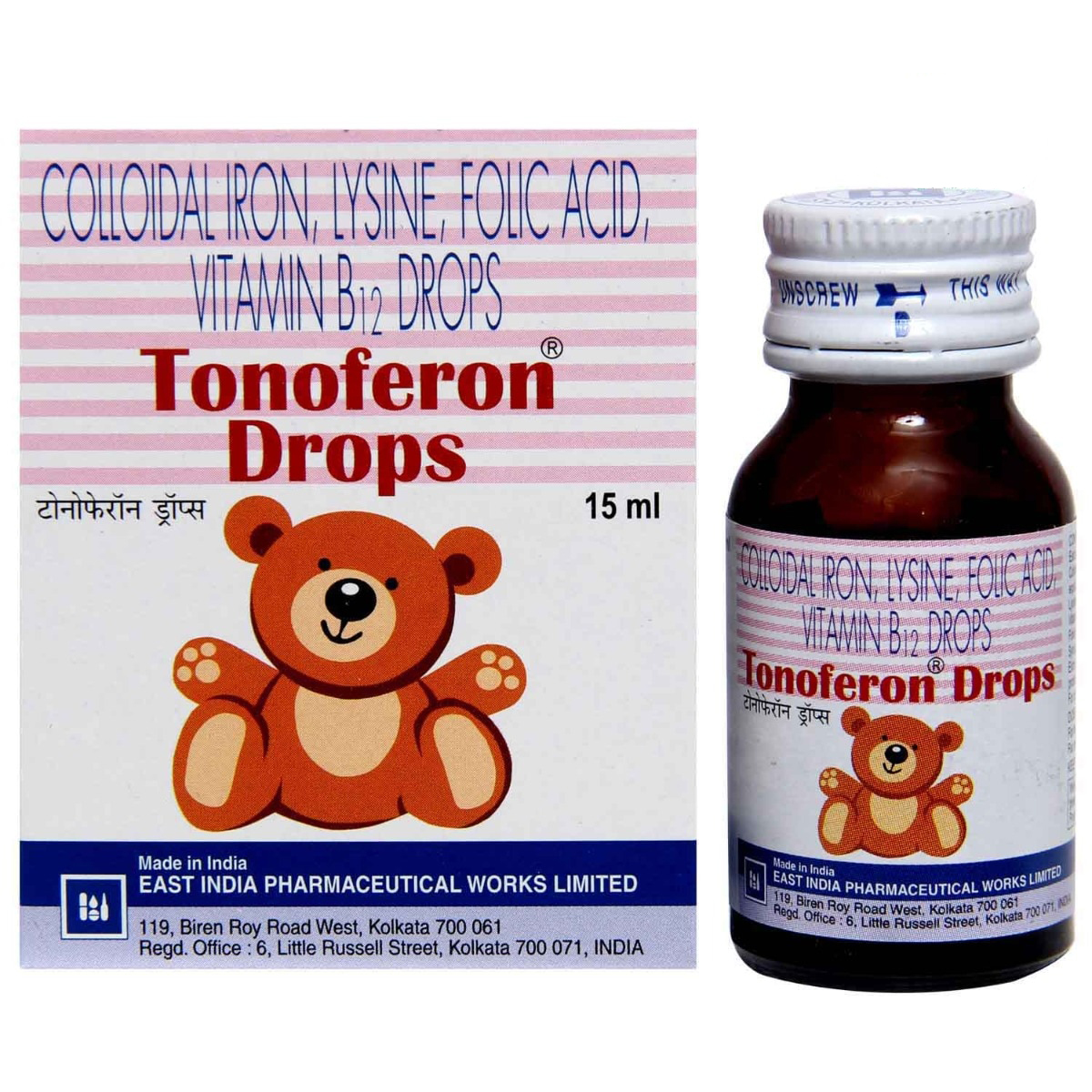
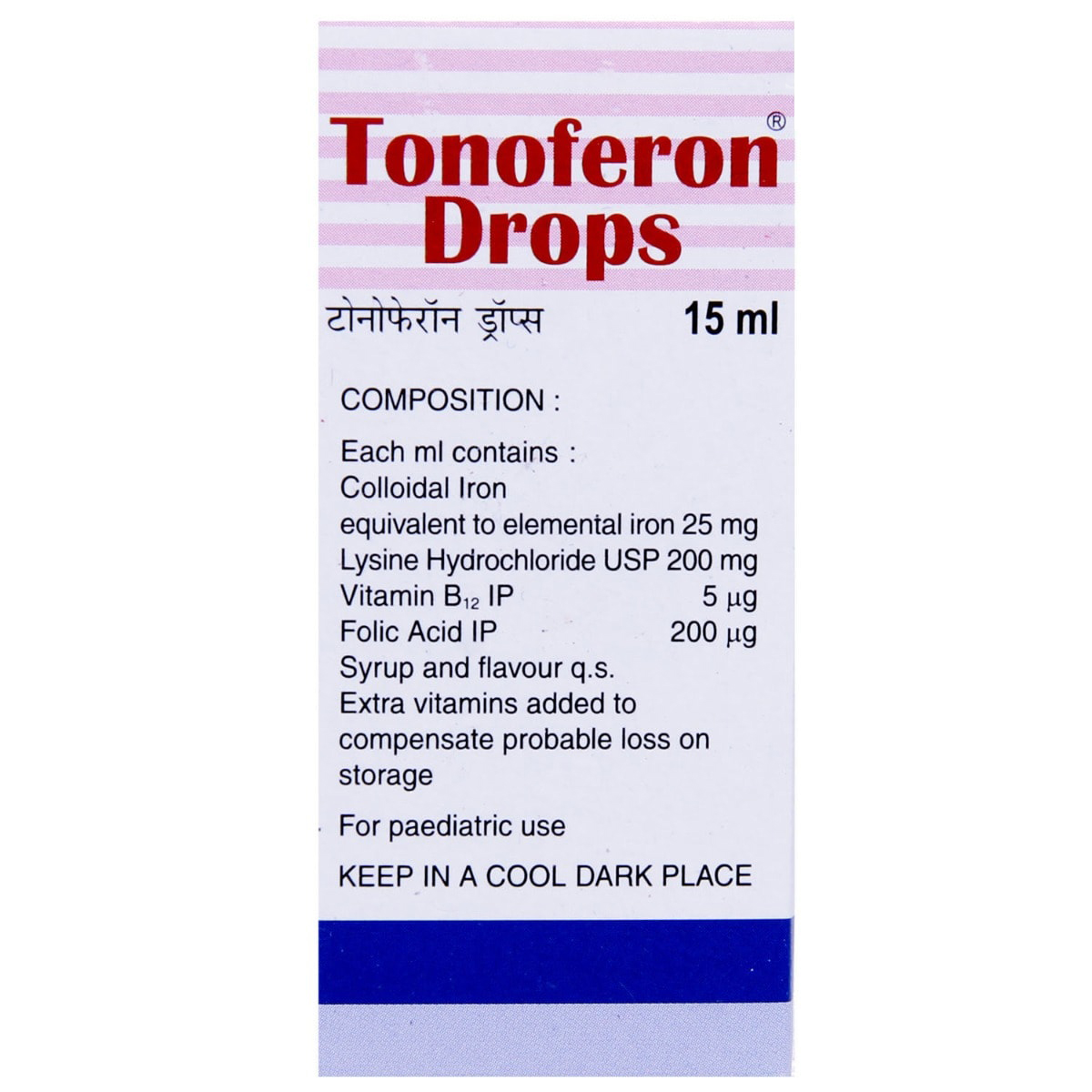
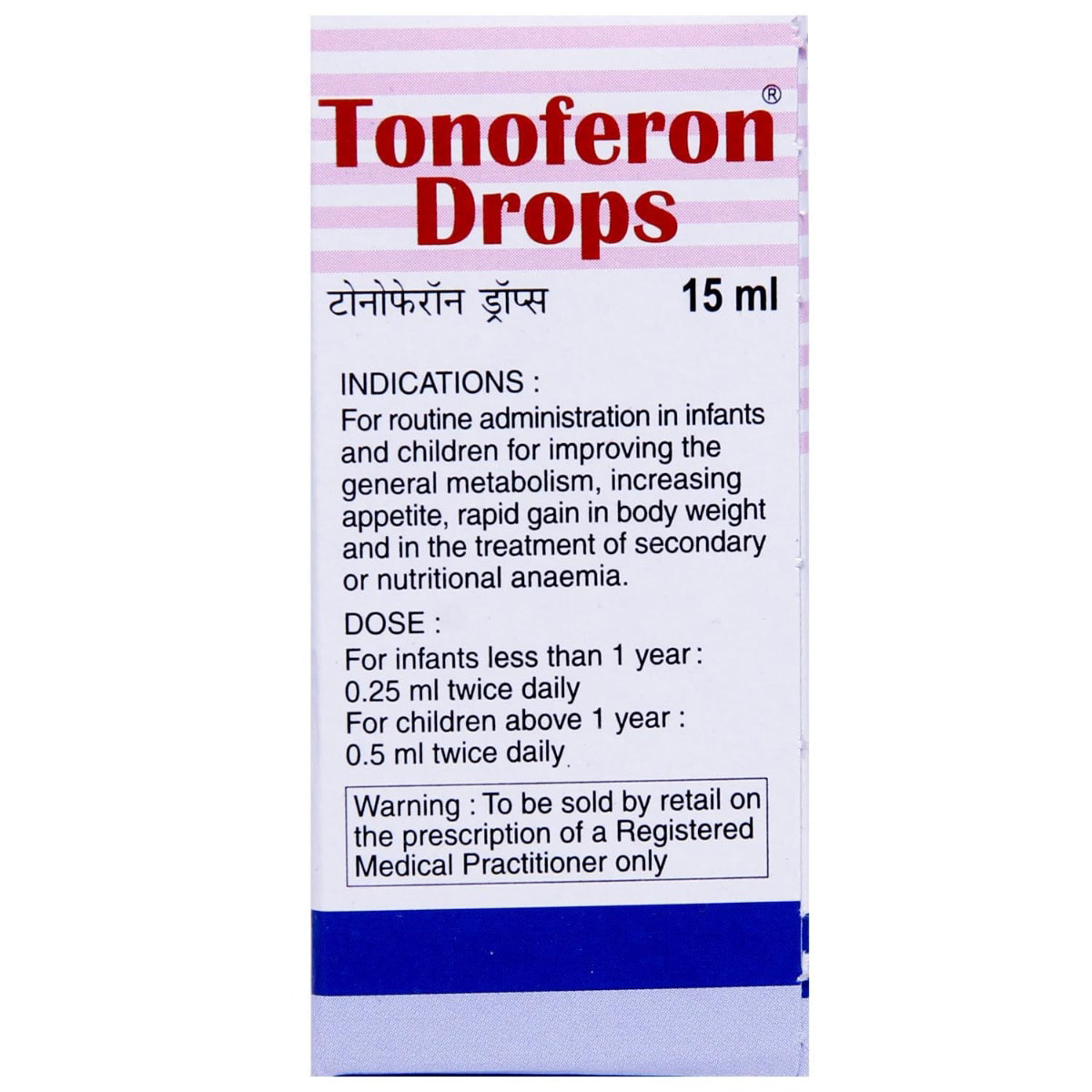
Available Offers
Therapeutic Class
Author Details
We provide you with authentic, trustworthy and relevant information
Drug-Drug Interactions Checker List
- CHLORAMPHENICOL
- ARSENIC TRIOXIDE
- ESOMEPRAZOLE
- LEVOTHYROXINE
Drug-Drug Interactions
Drug-Drug Interactions
Login/Sign Up
Coadministration of Tonoferon Drops 15 ml and Carbamazepine may reduce the blood levels of Tonoferon Drops 15 ml.
How to manage the interaction:
Although there is a possible interaction between Tonoferon Drops 15 ml and Carbamazepine, you can take these medicines together if prescribed by your doctor. However, if your condition changes or you experience loss of seizure control, contact your doctor.
Sulfadiazine may decrease the blood levels and effects of Tonoferon Drops 15 ml.
How to manage the interaction:
Although there is a possible interaction between Tonoferon Drops 15 ml and Sulfadiazine, you can take these medicines together if prescribed by your doctor.
Coadministration of Tonoferon Drops 15 ml and Fluorouracil may increase the effects of Fluorouracil and increase the risk of serious side effects such as bleeding problems, anaemia (lack of blood), infections, and nerve damage.
How to manage the interaction:
Although there is a possible interaction between Tonoferon Drops 15 ml and Fluorouracil, you can take these medicines together if prescribed by your doctor. However, if you experience diarrhoea, paleness of skin, severe nausea and vomiting, over-tiredness, dizziness, fainting, blood in the stools, unusual bleeding or bruising, fever, chills, body pains, flu-like symptoms, skin reactions, mouth ulcers or sores, and/or numbness, burning or tingling in your hands and feet, contact your doctor.
Trimethoprim may decrease the blood levels and effects of Tonoferon Drops 15 ml.
How to manage the interaction:
Although there is a possible interaction between Tonoferon Drops 15 ml and Trimethoprim, you can take these medicines together if prescribed by your doctor. Do not stop using any medications without consulting your doctor.
Co-administration of Tonoferon Drops 15 ml with Capecitabine may increase the risk of serious side effects such as bleeding problems, anemia, infections, and nerve damage.
How to manage the interaction:
Although there is a possible interaction between Tonoferon Drops 15 ml and Capecitabine, you can use these medicines together if prescribed by the doctor. However, if you experience paleness of skin, diarrhea, severe nausea and vomiting, over-tiredness, dizziness, fainting, blood in the stools, unusual bleeding or bruising, fever, chills, body aches, flu-like symptoms, skin reactions, mouth ulcers or sores, and/or numbness, burning or tingling sensation in the hands and feet, contact a doctor. Do not discontinue the medication without consulting a doctor. Do not discontinue the medication without consulting a doctor.
Coadministration of Tonoferon Drops 15 ml and Cholestyramine may interfere with the absorption of Tonoferon Drops 15 ml.
How to manage the interaction:
Although taking Cholestyramine and Tonoferon Drops 15 ml together can result in an interaction, they can be taken together if prescribed by a doctor. However, if you experience Constipation, Diarrhea, Stomach pain, Nausea, or Loss of appetite, consult a doctor. Do not stop using any medications without consulting a doctor.
Co-administration of Tonoferon Drops 15 ml with Mycophenolic acid decreases levels of Mycophenolate by reducing its absorption.
How to manage the interaction:
There could be a possible interaction between Mycophenolic acid and Tonoferon Drops 15 ml, but they can be taken together if a doctor has prescribed them. However, if you experience upset stomach, nausea, vomiting, diarrhea, constipation sleep problems, fatigue, headache, painful urination, high blood pressure, or swelling of the lower legs, ankles, or feet, joint pain, cough, or shortness of breath consult a doctor. Do not discontinue any medications without a doctor's advice.
Taking dolutegravir with Tonoferon Drops 15 ml can reduce the effectiveness of dolutegravir.
How to manage the interaction:
Although there is a possible interaction between Tonoferon Drops 15 ml and Dolutegravir, you can use these medicines together if prescribed by a doctor. It is advised to take dolutegravir either two hours before or six hours after taking a dose of Tonoferon Drops 15 ml. Do not discontinue using any medications without consulting a doctor.
Co-administration of Dimercaprol can make Tonoferon Drops 15 ml, which may increase the risk of toxicity of the kidneys.
How to manage the interaction:
Co-administration of Tonoferon Drops 15 ml with Dimercaprol can possibly result in an interaction, but it can be taken if a doctor has advised it. Do not discontinue any medications without consulting a doctor.
Drug-Food Interactions
Drug-Food Interactions
Login/Sign Up
Drug-Diseases Interactions
Drug-Diseases Interactions
Login/Sign Up
Drug Warnings
Do not take Tonoferon Drops if you are allergic to any of its contents. Inform your doctor if you have heart disease, diabetes, bleeding disorders, osteoporosis, lysinuric protein intolerance, stomach/intestinal problems, kidney or liver problems. Consult your doctor if you are pregnant or breastfeeding. Let your doctor know if you are using any other medicines, or herbal products before starting Tonoferon Drops.
Side Effects of Tonoferon Drops
- Stomach upset
- Constipation
- Diarrhoea
- Nausea
- Vomiting
Directions for Use
Medicinal Benefits Mweb
Key Benefits
Tonoferon Drops is a combination of four supplements, namely: Iron, Cyanocobalamin, Folic acid, and Lysine. Tonoferon Drops is used to treat and prevent nutritional deficiencies. Iron helps in the transportation of oxygen throughout the body and the production of red blood cells. Cyanocobalamin helps in the proper functioning of the brain, nerves and the production of red blood cells. Folic acid is necessary for various bodily functions, such as nucleotide biosynthesis and re-methylation of homocysteine. Lysine helps in improving appetite and growth. Together, Tonoferon Drops helps in treating nutritional deficiencies. Tonoferon Drops may be used to treat iron deficiency anaemia, iron deficiency due to low intake of iron, and to promote growth and good health.
Uses of Tonoferon Drops
About Tonoferon Drops
Tonoferon Drops belongs to the group of medicines called nutritional supplements used to treat and prevent nutritional deficiencies, iron deficiency anaemia, and low iron in the body, improve metabolism, promote growth and good health, and increase appetite and body weight. A nutritional deficiency occurs when the body does not absorb or get enough nutrients from food. Vitamins and minerals are necessary for body development and the prevention of diseases.
Tonoferon Drops contains Cyanocobalamin, folic acid, iron, and lysine. Iron helps in the transportation of oxygen throughout the body and the production of red blood cells. Cyanocobalamin helps in the proper functioning of the brain, nerves and the production of red blood cells. Folic acid is necessary for various bodily functions, such as nucleotide biosynthesis and re-methylation of homocysteine. Lysine helps in improving appetite and growth. Together, Tonoferon Drops helps in treating nutritional deficiencies.
You are advised to take Tonoferon Drops for as long as your doctor has recommended it for you, depending on your medical condition. In some cases, you may experience common side-effects such as stomach upset, constipation, diarrhoea, nausea, and vomiting. Most of these side effects do not require medical attention and will resolve gradually over time. However, you are advised to talk to your doctor if the side effects persist or worsen.
Let your doctor know if you are taking any other medicines or herbal products before starting Tonoferon Drops. If you are known to be allergic to any of the components in Tonoferon Drops, please inform your doctor. Consult your doctor if you are pregnant or breastfeeding. Tonoferon Drops should be given to children only if recommended by a doctor. It is unknown if alcohol interacts with Tonoferon Drops, so please consult a doctor if you have any concerns.
Online payment accepted
know your delivery time
Provide Delivery Location
Author Details
We provide you with authentic, trustworthy and relevant information
Therapeutic Class
All Substitutes & Brand Comparisons
RX
Out of StockRB Tone Oral Drops 10 ml
Franco Indian Pharmaceuticals Pvt Ltd
₹93
(₹8.37/ 1ml)
29% COSTLIER
- Please inform your doctor about joint pain symptoms, as they may adjust your medication regimen or prescribe additional medications to manage symptoms.
- Your doctor may prescribe common pain relievers if necessary to treat joint discomfort.
- Maintaining a healthy lifestyle is key to relieving joint discomfort. Regular exercise, such as low-impact sports like walking, cycling, or swimming, should be combined with a well-balanced diet. Aim for 7-8 hours of sleep per night to assist your body in repairing and rebuilding tissue.
- Applying heat or cold packs to the affected joint can help reduce pain and inflammation.
- Please track when joint pain occurs and any factors that may trigger it, and share this information with your doctor to help manage symptoms.
- If your joint pain is severe or prolonged, consult a doctor to rule out any underlying disorders that may require treatment.
- Inform your doctor about dizziness symptoms. They may adjust your medication regimen or prescribe additional medications to manage symptoms.
- Follow your doctor's instructions for taking medication, and take it at the same time every day to minimize dizziness.
- When standing up, do so slowly and carefully to avoid sudden dizziness.
- Avoid making sudden movements, such as turning or bending quickly, which can exacerbate dizziness.
- Drink plenty of water throughout the day to stay hydrated and help alleviate dizziness symptoms.
- If you're feeling dizzy, sit or lie down and rest until the dizziness passes.
- Track when dizziness occurs and any factors that may trigger it, and share this information with your doctor to help manage symptoms.
- Hydrate your body: Drink enough water to prevent dehydration and headaches.
- Calm Your Mind: Deep breathing and meditation can help you relax and relieve stress.
- Rest and Recharge: Sleep for 7-8 hours to reduce headache triggers.
- Take rest: lie down in a quiet, dark environment.
- Cold or warm compresses can help reduce tension.
- Stay Upright: Maintain good posture to keep symptoms from getting worse.
- To treat headaches naturally, try acupuncture or massage therapy.
- Over-the-counter pain relievers include acetaminophen and ibuprofen.
- Prescription Assistance: Speak with your doctor about more substantial drug alternatives.
- Severe Headaches: Seek emergency medical assistance for sudden, severe headaches.
- Frequent Headaches: If you get reoccurring headaches, consult your doctor.
- Headaches with Symptoms: Seek medical attention if your headaches include fever, disorientation, or weakness.
- Inform your doctor about the common cold symptoms you're experiencing due to medication.
- Your doctor may adjust your treatment plan, which could include changing your medication, adding new medications, or offering advice on managing your symptoms.
- Practice good hygiene, including frequent handwashing, avoiding close contact with others, and avoiding sharing utensils or personal items.
- Drink plenty of fluids, such as warm water or soup, to help thin out mucus.
- Get plenty of rest and engage in stress-reducing activities to help your body recover. If your symptoms don't subside or worsen, consult your doctor for further guidance.
- Drink water or other clear fluids.
- To prevent worsening of pain, limit intake of tea, coffee, or alcohol.
- Include bland foods like rice, toast, crackers, and rice in your diet.
- Avoid lying down immediately after eating as it may cause indigestion or heartburn.
- Avoid acidic and spicy food as it may cause indigestion.
- Inform Your Doctor: Notify your doctor immediately about your diarrhoea symptoms. This allows them to adjust your medication or provide guidance on managing side effects.
- Stay Hydrated: Drink plenty of fluids to replace lost water and electrolytes. Choose water, clear broth, and electrolyte-rich drinks. Avoid carbonated or caffeinated beverages to effectively rehydrate your body.
- Follow a Bland Diet: Eat easy-to-digest foods to help firm up your stool and settle your stomach. Try incorporating bananas, rice, applesauce, toast, plain crackers, and boiled vegetables into your diet.
- Avoid Trigger Foods: Steer clear of foods that can worsen diarrhoea, such as spicy, fatty, or greasy foods, high-fibre foods, and dairy products (especially if you're lactose intolerant).
- Practice Good Hygiene: Maintain good hygiene to prevent the spread of infection. To stay healthy, wash your hands frequently, clean and disinfect surfaces regularly, and avoid exchanging personal belongings with others.
- Take Anti-Diarrheal Medications: If your doctor advises, anti-diarrheal medications such as loperamide might help manage diarrhoea symptoms. Always follow your doctor's directions.
- Keep track of your diarrhoea symptoms. If they don't get better or worse or are accompanied by severe stomach pain, blood, or dehydration signs (like extreme thirst or dark urine), seek medical help.

Have a query?
Verified Buyers Reviews
Side Effects
- Joint Pain
- Dizziness
- Headache
- Common Cold
- Stomach Pain
- Loose And Watery Stools
If any of the above side effects continue or intensify, seek medical advice. Professional guidance may be necessary for appropriate care and treatment adjustments.
Buy best Health & Nutrition products by
Vlado Sky Enterprise Pvt Ltd
Abbott India Ltd
Sun Pharmaceutical Industries Ltd
Apollo Healthco Limited
Zydus Healthcare Ltd
Macleods Pharmaceuticals Ltd
West Coast Pharmaceuticals Pvt Ltd
Intas Pharmaceuticals Ltd
Mankind Pharma Pvt Ltd
Meyer Organics Pvt Ltd
Emcure Pharmaceuticals Ltd
Lupin Ltd
Alkem Laboratories Ltd
Nutritionalab Pvt Ltd
Eris Life Sciences Ltd
Akumentis Healthcare Ltd
British Biologicals
La Renon Healthcare Pvt Ltd
Cipla Ltd
Micro Labs Ltd
Zuventus Healthcare Ltd
Torrent Pharmaceuticals Ltd
Pharmed Ltd
Dr Reddy's Laboratories Ltd
Modi Mundipharma Pvt Ltd
Corona Remedies Pvt Ltd
Hindustan Unilever Ltd
Indchemie Health Specialities Pvt Ltd
Apex Laboratories Pvt Ltd
Koye Pharmaceuticals Pvt Ltd
Leeford Healthcare Ltd
Bioceutics Inc
East West Pharma India Pvt Ltd
Alniche Life Sciences Pvt Ltd
FDC Ltd
Alembic Pharmaceuticals Ltd
Aristo Pharmaceuticals Pvt Ltd
DR Johns Lab Pharma Pvt Ltd
Herbs Nutriproducts Pvt Ltd
Guardian Healthcare Services Pvt Ltd
Vasu Organics Pvt Ltd
Pulse Pharmaceuticals
Fourrts India Laboratories Pvt Ltd
TTK Healthcare Ltd
Raptakos Brett & Co Ltd
USV Pvt Ltd
Glanbia Performance Nutrition India Pvt Ltd
Morepen Laboratories Ltd
Innovcare Life Sciences Pvt Ltd
Linux Laboratories Pvt Ltd
Troikaa Pharmaceuticals Ltd
Cadila Pharmaceuticals Ltd
Bright Lifecare Pvt Ltd
Wockhardt Ltd
Sanofi India Ltd
Primus Remedies Pvt Ltd
Zydus Cadila
Kellogg India Pvt Ltd
Tablets India Ltd
Indoco Remedies Ltd
Medley Pharmaceuticals Ltd
Overseas Health Care Pvt Ltd
Procter & Gamble Health Ltd
Shri Balaji Overseas
Dabur India Ltd
Ordain Health Care Global Pvt Ltd
Systopic Laboratories Pvt Ltd
Ajanta Pharma Ltd
Daris Biocare
Health & Happiness (H&H) Trading India Pvt Ltd
Hexagon Nutrition Pvt Ltd
Nutricia International Pvt Ltd
Zee Laboratories Ltd
Aareen Healthcare Pvt Ltd
Aeronutrix Sports Products Pvt Ltd
Emami Ltd
Radicool Pharmaceuticals Pvt Ltd
Wanbury Ltd
Biovitamins Pvt Ltd
Cadila Healthcare Ltd
Esmatrix Life Sciences Pvt Ltd
Ipca Laboratories Ltd
Klm Laboratories Pvt Ltd
Lloyd Healthcare Pvt Ltd
Sain Medicaments Pvt Ltd
Septalyst Lifesciences Pvt Ltd
Tas Med India Pvt Ltd
Wallace Pharmaceuticals Pvt Ltd
Biorex Healthcare Pvt Ltd
Elbrit Life Sciences Pvt Ltd
Levin Life Sciences Pvt Ltd
Panacea Biotec Ltd
Adret Retail Pvt Ltd
Cipla Health Ltd
Delcure Life Sciences Ltd
Femura Pharmaceuticals Pvt Ltd
Gladstone Pharma India Pvt Ltd
GlaxoSmithKline Consumer Healthcare Ltd
Kepler Healthcare Pvt Ltd
Ronyd Healthcare Pvt Ltd
SPECIALITY SUPPLEMENT
CALCIUM
IRON
VITAMIN D
COLLAGEN
VITAMIN B12
VITAMIN C
FISH OIL OMEGA
VITAMIN B
MULTIVITAMIN
Adult Nutrition Drink
ZINC
SEXUAL HEALTH SUPPLEMENT
WHEY PROTEIN
Kids Nutrition Drink
VITAMIN B9
ENERGY DRINK
SPECIALITY NUTRITION DRINK
DRY FRUIT
HERBAL JUICE
VITAMIN E
Prebiotic & Probiotic
ORS
SUGAR SUBSTITUTE
WOMEN & MOTHER NUTRITION DRINK
Chyawanprash
MAGNESIUM
Protein Bar
BREAKFAST CEREAL
Protein Powder
BIOTIN
DIABETIC NUTRITION DRINK
Honey
WEIGHT LOSS
Fat Burner
PLANT PROTEIN POWDER
VITAMIN B1
Apple Cider Vinegar
MELATONIN
APPETITE STIMULANT
Meal Replacement
Peanut Butter
AMINO ACID
Flax seed Oil
INFUSION TEA
NUT & SEED
Ashwagandha
Instant Food
OATS
Olive Oil
Mass Gainer
Pre Workout
CURCUMIN
POTASSIUM
VITAMIN A
DISKETTE
L-Carnitine
Cod Liver Oil
CREATINE
MILLETS & CEREALS
VITAMIN B6
ARGININE
COENZYME Q10
Shilajit
Appetite Suppressant
Chromium
MILK THISTLE
Glutathione
VITAMIN B2
VITAMIN K
L-Glutamine
MORINGA
GARCINIA CAMBOGIA
GREEN TEA
SPIRULINA
ALPHA-LIPOIC ACID
GLUCOSAMINE
GOKSHURA
BCAA Protein Powder
GILOY
NEEM
SAFFRON
SELENIUM
TRIPHALA
Tulsi
VITAMIN B3
VITAMIN B5
Brahmi
CANDIES
FRUIT JUICE
Face Gel
Specialty Supplements
WEIGHT GAINER
WHEAT GRASS POWDER
Customers Also Bought
Frequently Bought Together
₹22.1
MRP ₹24.5
10% off
15
+₹146.6
MRP ₹195.5
25% off
1
+₹196.7
MRP ₹218.5
10% off
30
+₹87.8
MRP ₹97.5
10% off
10
+₹96.8
MRP ₹107.5
10% off
15
+₹55.8
MRP ₹62
10% off
10
+₹197.6
MRP ₹219.5
10% off
15
+₹37.9
MRP ₹43
12% off
30
+₹152.1
MRP ₹169
10% off
15
+₹61.7
MRP ₹68.5
10% off
1
+

_0.jpg?tr=q-85)





